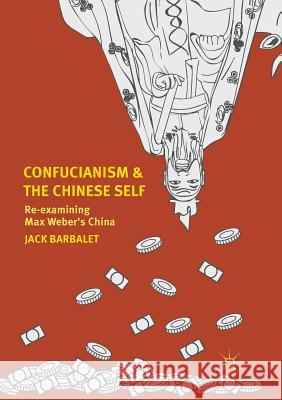Confucianism and the Chinese Self: Re-Examining Max Weber's China » książka
topmenu
Confucianism and the Chinese Self: Re-Examining Max Weber's China
ISBN-13: 9789811348495 / Angielski / Miękka / 2018 / 213 str.
Kategorie BISAC:
Wydawca:
Palgrave MacMillan
Język:
Angielski
ISBN-13:
9789811348495
Rok wydania:
2018
Wydanie:
Softcover Repri
Ilość stron:
213
Waga:
0.31 kg
Wymiary:
21.01 x 14.81 x 1.35
Oprawa:
Miękka
Wolumenów:
01
Dodatkowe informacje:
Wydanie ilustrowane











